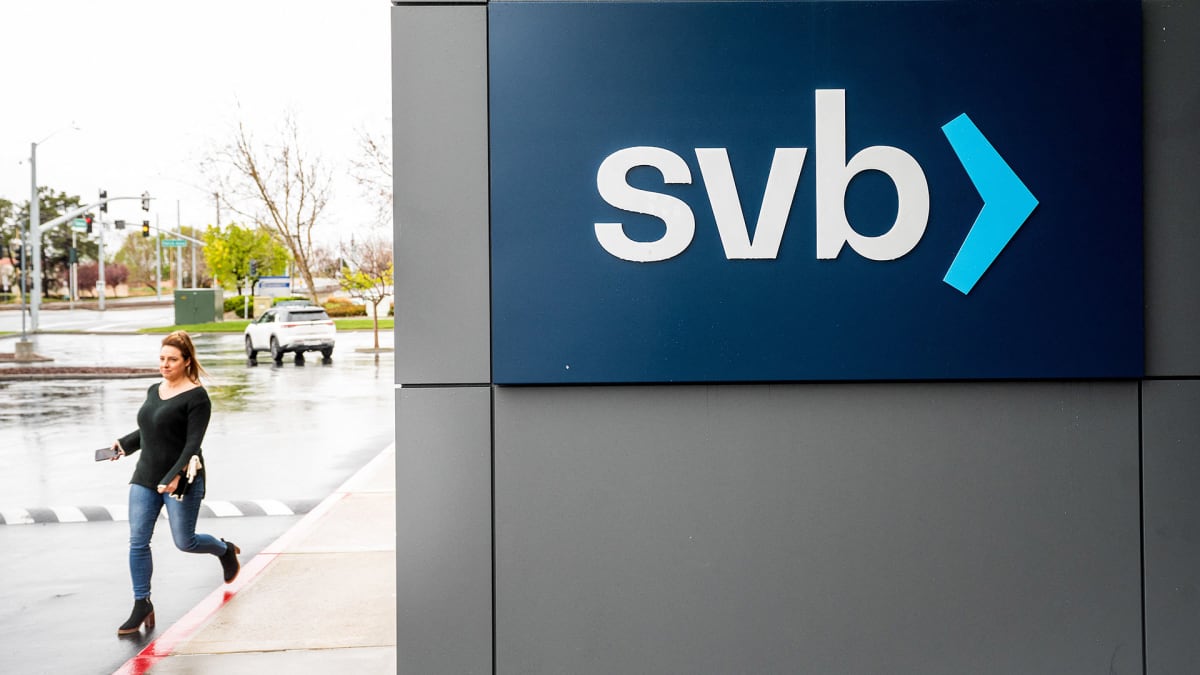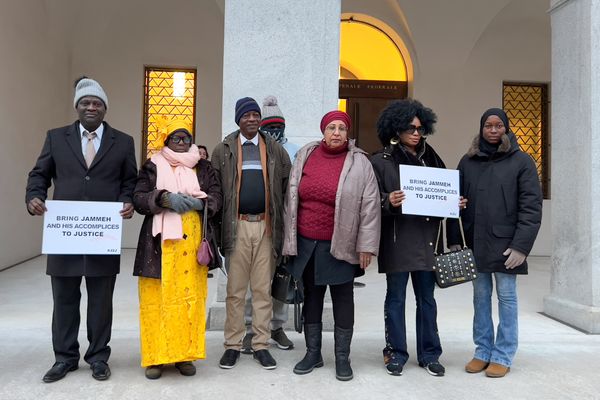
Pressure on U.S. regional banks continues to mount, after the sudden collapse of Silicon Valley Bank.
The company was a central player in the ecosystem of startups and venture-capital firms, which constituted a large part of its client base.
Since the SVB failure, the second-largest by any bank in U.S. history after Washington Mutual in 2008, all eyes have been on other midsized banks, the regulation of which was loosened in May 2018 by former President Donald Trump with bipartisan support from Congress.
PacWest Bancorp (PACW) is one of the banks that's most sharply in focus among investors. Shares of the Los Angeles bank have fallen 52% since the Silicon Valley Bank rout.
PacWest Said It Has Enough Liquidity
The bank nevertheless wanted to reassure the markets and consumers, once the news that SVB had been closed after a run on the bank.
"The company’s wholly-owned subsidiary, Pacific Western Bank, is a diversified relationship-based commercial bank focused on providing business banking and treasury management services to small, middle-market, and venture-backed businesses," PacWest said in a statement on March 10. The bank thus distinguished itself from SVB, which was focused on tech startups and VC firms.
It continued: "We have taken numerous strategic steps over the past four quarters to improve the balance sheet, including exiting noncore products, executing bond sales, a preferred stock offering, and a credit-linked notes transaction, and commenced a cost-reduction initiative designed to increase earnings."
PacWest, which offers loans, leases and deposit product and services and treasury management services to small, middle-market, and venture-backed businesses in California, North Carolina and Colorado, also said it had enough cash to weather the jolts.
As of March 9, the firm, which had assets valued at $41.2 billion as of Dec. 31, 2022, said it held $1.9 billion in cash, and had almost $7 billion from an agreement with the Federal Home Loan Bank of San Francisco and the Federal Reserve. PacWest also said that it had unpledged liquid securities of $5.3 billion.
"Though the banking industry is experiencing significant volatility in light of recent events, we want to reiterate that Pacific Western Bank is a well-performing, well-diversified, full-service commercial bank with more than 20 years of history," President and CEO Paul W. Taylor said.
"We have been a proven partner to our customers through all economic cycles and are actively adapting in the current economic environment."
'Liquidity Stresses'
In addition to the continued decline in PacWest stock, the bank has just received another piece of bad news from Fitch Ratings. The credit-rating company says it has placed the company's rating on negative watch, meaning it plans to downgrade it in the short term.
"Prior to the market disruption, Fitch viewed PACW's funding and liquidity profile as supportive of its rating. However, Fitch recognizes that current market conditions have created liquidity stresses outside of its baseline assumptions," the agency said.
"PACW's ratings would be sensitive to signs of sustained pressure on the bank's liquidity, access to capital markets or gaps in cash flow coverage to cover near-term obligations."
The rating is currently BBB-, which means that the default risk is low. PacWest is able to pay its financial commitments but adverse business or economic conditions are more likely to impair this capacity.
Fitch Ratings, Moody's Investors Service and S&P Global Ratings, the three major ratings companies, have been criticized for failing to warn of the risk SVB posed in downgrading the bank.
Since then, they have assessed other regional banks. Moody's, for example, warned on March 14 that it was considering downgrading the ratings of six banks:
- First Republican Bank (FRC)
- Western Alliance Bancorp. (WALPL)
- Intrust Financial IFNC
- UMB Financial (UMBF)
- Zions Bancorp. (ZION)
- Comerica (CMA)
Fitch and S&P downgraded First Republic Bank's ratings on March 15, worrying that a majority of the bank's deposits were uninsured. That is, client accounts had above the FDIC insured maximum $250,000 in them.




